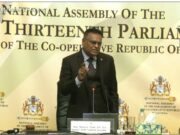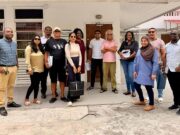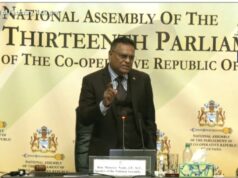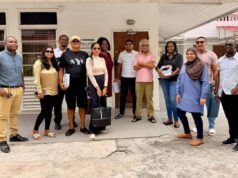Guyana stands at a dangerous political crossroad. The People’s Progressive Party (PPP), already dominant at the helm of government, appears to be steadily consolidating power in ways that raise legitimate fears about the erosion of democracy. From exploiting flaws in the electoral system to weaponizing the judiciary, to attempts at silencing sections of the press and sidelining dissenting voices, the signs are unmistakable: a push towards one-party dominance and an authoritarian model of governance.
For a society still recovering from decades of division, such a trajectory is troubling. A strong and inclusive democracy requires institutions that are independent, transparent, and respected. When electoral rules can be manipulated, when judicial decisions are perceived as politically motivated, and when the press- the lifeblood of accountability- is threatened, then ordinary Guyanese are left vulnerable to the excesses of unchecked power.
But the responsibility to resist such a slide does not rest with civil society and the media alone. The parliamentary opposition has before it an opportunity it cannot afford to waste. Both in the National Assembly and at the level of the regional councils, opposition parties must regroup and join forces. The focus must not be on political point-scoring but on the larger mission of defending constitutional transformation, promoting inclusion, and holding the government accountable for its decisions.
The greatest challenge for Guyana, however, lies beyond politics. It is the need for citizens to see beyond dependency on the state. Too often, the government is viewed as the sole provider of opportunities, jobs, and development. This dependency fuels political control. True reform can only happen when Guyanese demand institutions that work for the people rather than a party, and when they insist on accountability as the cornerstone of governance.
If left unchecked, the PPP’s march towards dominance risks creating a one-party state that stifles dissent, weakens democracy, and narrows the national vision. But if opposition forces rally with seriousness, if the press holds firm, and if citizens demand better, Guyana still has a chance to safeguard its democracy and chart a future where inclusion and accountability outweigh partisan control.
The choice is before us: passive acceptance of creeping authoritarianism or an active push for reform. Guyana cannot afford to wait until it is too late.
Devin Sears
Former AFC Parliamentarian













